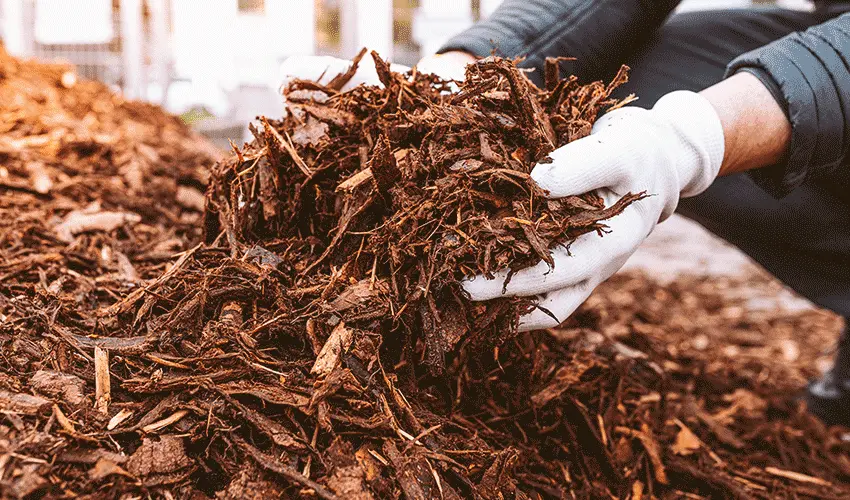


Hari Hara Sudhan Coconut Husk Chips are derived from the outer shell of the coconut and are processed into small, manageable pieces. These chips are highly durable, lightweight, and naturally eco-friendly. Rich in fiber, they offer superior moisture retention and excellent drainage properties. Our coconut husk chips are a sustainable product made from renewable resources, offering an environmentally friendly alternative to synthetic materials. Ideal for horticultural use, these chips improve soil aeration and enhance plant growth. With their biodegradable nature, they contribute to organic farming practices and are widely used in both agriculture and gardening.
 Soil Amendment: Hari Hara Sudhan Husk Chips improve soil structure by enhancing aeration and moisture retention, promoting healthier plant roots and growth.
Soil Amendment: Hari Hara Sudhan Husk Chips improve soil structure by enhancing aeration and moisture retention, promoting healthier plant roots and growth.
 Potting Mix: These chips are perfect for potting mixes, improving soil drainage while maintaining moisture, making them ideal for both indoor and outdoor plants.
Potting Mix: These chips are perfect for potting mixes, improving soil drainage while maintaining moisture, making them ideal for both indoor and outdoor plants.
 Hydroponics: Our husk chips are used as an ideal medium for hydroponic systems, ensuring proper root support while allowing efficient drainage.
Hydroponics: Our husk chips are used as an ideal medium for hydroponic systems, ensuring proper root support while allowing efficient drainage.
 Mulching: As a natural mulch, they help retain soil moisture, prevent weed growth, and regulate soil temperature, making them an excellent choice for gardens.
Mulching: As a natural mulch, they help retain soil moisture, prevent weed growth, and regulate soil temperature, making them an excellent choice for gardens.
 Composting: Due to their high fiber content, these chips balance the carbon-to-nitrogen ratio, making them suitable for composting.
Composting: Due to their high fiber content, these chips balance the carbon-to-nitrogen ratio, making them suitable for composting.
 Landscaping: Coconut husk chips are widely used in landscaping to cover large areas with an eco-friendly alternative to wood chips.
Landscaping: Coconut husk chips are widely used in landscaping to cover large areas with an eco-friendly alternative to wood chips.
 Animal Bedding: They are absorbent and comfortable, making them suitable for animal bedding, especially in farms and poultry houses.
Animal Bedding: They are absorbent and comfortable, making them suitable for animal bedding, especially in farms and poultry houses.
 Ornamental Plants: Ideal for use in growing ornamental plants, especially orchids, as they promote healthy root development through proper drainage.
Ornamental Plants: Ideal for use in growing ornamental plants, especially orchids, as they promote healthy root development through proper drainage.
 Erosion Control: Used in erosion control efforts, they help prevent soil erosion during heavy rainfall, ensuring soil stability in vulnerable areas.
Erosion Control: Used in erosion control efforts, they help prevent soil erosion during heavy rainfall, ensuring soil stability in vulnerable areas.